1. Macon Bolling Allen was born a free man in Indiana in 1816. His birth name was Allen Macon Bolling. Allen changed his name when he moved to Portland, Maine from Indiana.
2. Macon Allen primarily taught himself how to read and write and was employed as a school teacher before becoming an attorney.
3. He learned about law by serving as an apprentice to General Fessenden. General Samuel Fessenden was a white local anti-slavery leader and an attorney. General Samuel Fessenden was also the individual responsible for recommending Macon to the Bar and requesting that he be allowed to practice law in the state of Maine.
4. Macon was admitted to the bar in Portland, Maine after examination. He actually had to be passed by examination even though at the time anyone of good moral character could be admitted to the bar in Maine. Macon was denied due to the fact that he wasn’t a citizen. However, on July 3, 1844, after paying $20.00 to the Treasury of Maine, he became a citizen and received his license to practice law after passing the exam.
5. Macon Bolling passed two bar examinations. One in the State of Maine and one in the State of Massachusetts. He also served as a Justice of the Peace in Massachusetts after passing that difficult examination and a judge of the Inferior Court and Judge Probate in Charleston, South Carolina. He is believed to have been the first African American to sit in a judiciary position as well as being the first licensed African American attorney.
6. Macon married his wife Hannah in Boston, Massachusetts and had five children. All of his children were school teachers. Their names were John, Charles, Edward, Arthur and Macon B. Allen, Jr.
7. Macon B. Allen was also a partner in the first Black law firm. This law firm was established in Charleston, SC in 1868. His partners were William J. Whipper and Robert Brown Elliot. The firm was located at 91 Broad Street.
8. Macon B. Allen made his transition on October 10, 1894 after 50 years of legal service. He was memorialized at Saint Mark’s Protestant Episcopal Church in Charleston, South Carolina, and interred in the Friendly Union Cemetery.
9. The National Bar Association honored Macon Bolling Allen for 50 years of legal service. The New York Bar Association is actually named after him in his honor. There is also a Civil Rights clinic in Boston named in his honor.
source: http://blackartblog.blackartdepot.com/african-american-history/9-facts-macon-bolling-allen.html

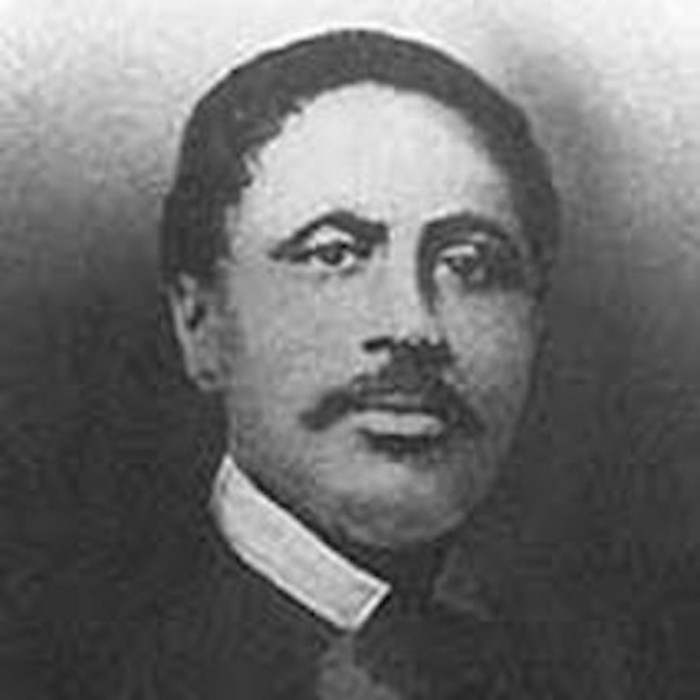
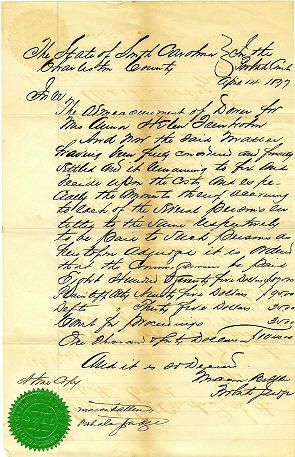






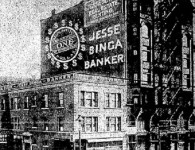
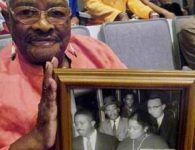
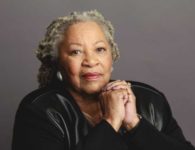
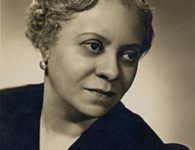
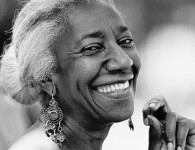
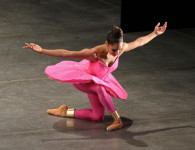
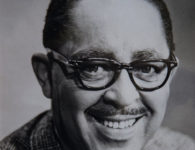
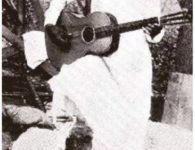
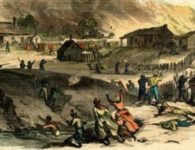
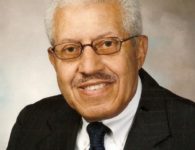
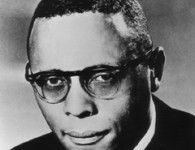
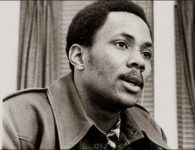



2 Comments
You really make it seem so easy with your presentation but I find this
matter to be really something which I think I would never
understand. It seems too complex and extremely broad for me.
I’m looking forward for your next post, I’ll try to get the hang of
it!
Sildenafil Citrate Sales In Canada Comprar Cialis Canarias Amoxicillin Prescription Drug levitra avantage Cialis Reembolso